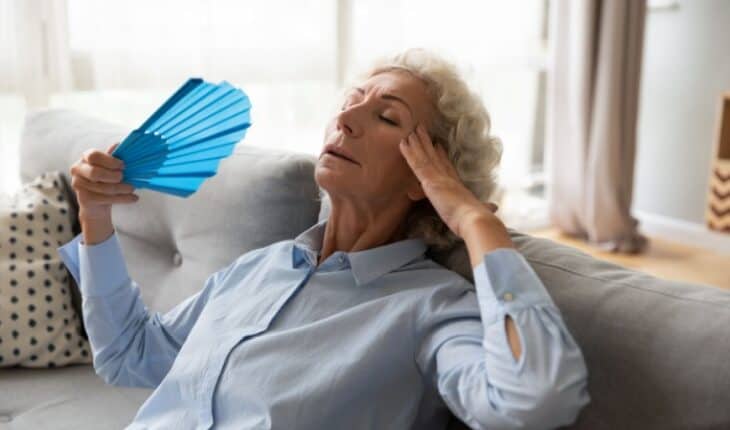With the heat health warning at yellow as temperatures continue to rise, Alzheimer’s Society is providing advice to help people with dementia to stay safe and hydrated during the hot spell.
Dehydration is a common challenge for people living with dementia and memory problems mean they can easily forget to drink enough water. During the hot weather, the charity suggests families and carers can help by; leaving glasses or jugs of water within easy reach, sharing a drink with the person, leaving reminders to drink and providing high water content foods.
Katherine Gray, Head of Research at Alzheimer’s Society, said: “People should absolutely enjoy the nice weather we’re finally having, but it’s important to note that high temperatures can lead to severe health problems for people with dementia unless they take special precautions to keep cool and well-hydrated.
“People with dementia may forget to drink enough fluids and wear suitable clothing. As the temperatures rise this week, we are urging families and carers to check in on people with dementia to make sure they are staying hydrated, wearing light clothes and keeping out of direct sun.
“Popping round to check on a neighbour, friend or family member with dementia can help keep them safe during the hot weather.”
Jelly Drops ‘water sweets’ are an alternative way to help people with dementia stay hydrated and help boost daily water intake.
Jelly Drops are supported by Alzheimer’s Society and are bite-sized, sugar-free sweets containing 95 per cent water and added electrolytes and a boost of B12, B9 and B6 vitamins. The juicy treats (vegan and gluten free) can be taken throughout the day to keep the person hydrated during the hot weather.
Lewis Hornby, inventor of Jelly Drops who was inspired by his grandmother, said:
“Dehydration is a serious and often overlooked problem for people with dementia and the risk massively increases during the hot summer months. Like many, I was unaware of how severe dehydration can be and was determined to find an easy way to provide additional fluid intake, while replenishing essential electrolytes.”
As well as the importance of keeping the person with dementia hydrated, Alzheimer’s Society provides other top tips to help them stay safe when the temperature soars, including:
- Making sure the person is dressed appropriately – Light-coloured, loose-fitting clothes made from natural fibres can help keep people comfortable and prevent overheating. A hat or cap for outside is also a good idea.
- Keeping the house as cool as possible – Keeping the curtains or blinds closed during the day – especially in sunny, south-facing rooms – can help to keep things cool. In the evening, open the windows to let the warm air out and colder air in.
- Avoiding the midday sun – We’re advised to stay out of the sun during the hottest part of the day between 11am and 3pm. If you’re out and about, seek out plenty of shade. Wear a hat and keep a bottle of high factor sunscreen on you, and make sure it’s reapplied regularly.
- Finding ways to cool off – Try putting a frozen bottle of water or ice pack next to a fan, for some DIY air-conditioning. Or place a washcloth and some iced water nearby.
- Asking friends and neighbours to pop in and check the person is ok – If you don’t live near the person or are worried about someone – ask a friend or neighbour to pop in and make sure they’re ok.
One in three people born today will develop dementia in their lifetime. Dementia devastates lives but it’s not an inevitable part of ageing. There are around a million people in the UK living with dementia. Many are undiagnosed and do not receive the support they need and deserve. Alzheimer’s Society is the UK’s leading dementia charity. We provide help and hope to everyone affected by dementia – past, present and future.
If you’re worried about dementia, we’re here to help. Call our Dementia Support Line on 0333 150 3456 or visit alzheimers.org.uk
- Gut microbiome could delay onset of type 1 diabetes - 3rd April 2025
- The da Vinci 5 Robot Is Set To Transform Bariatric Care: - 31st March 2025
- Beyond money: the hidden drivers fuelling child food insecurity - 31st March 2025






